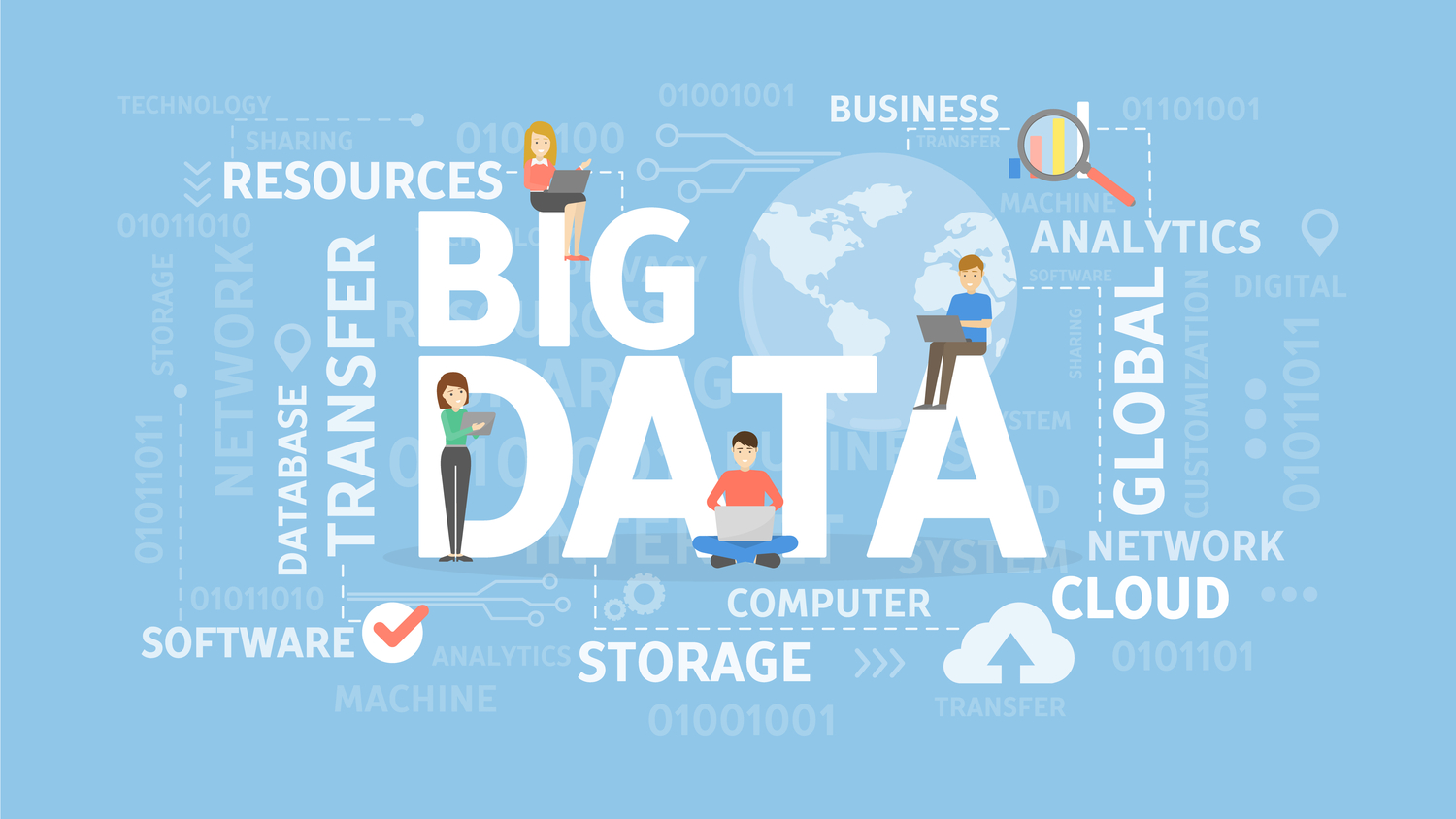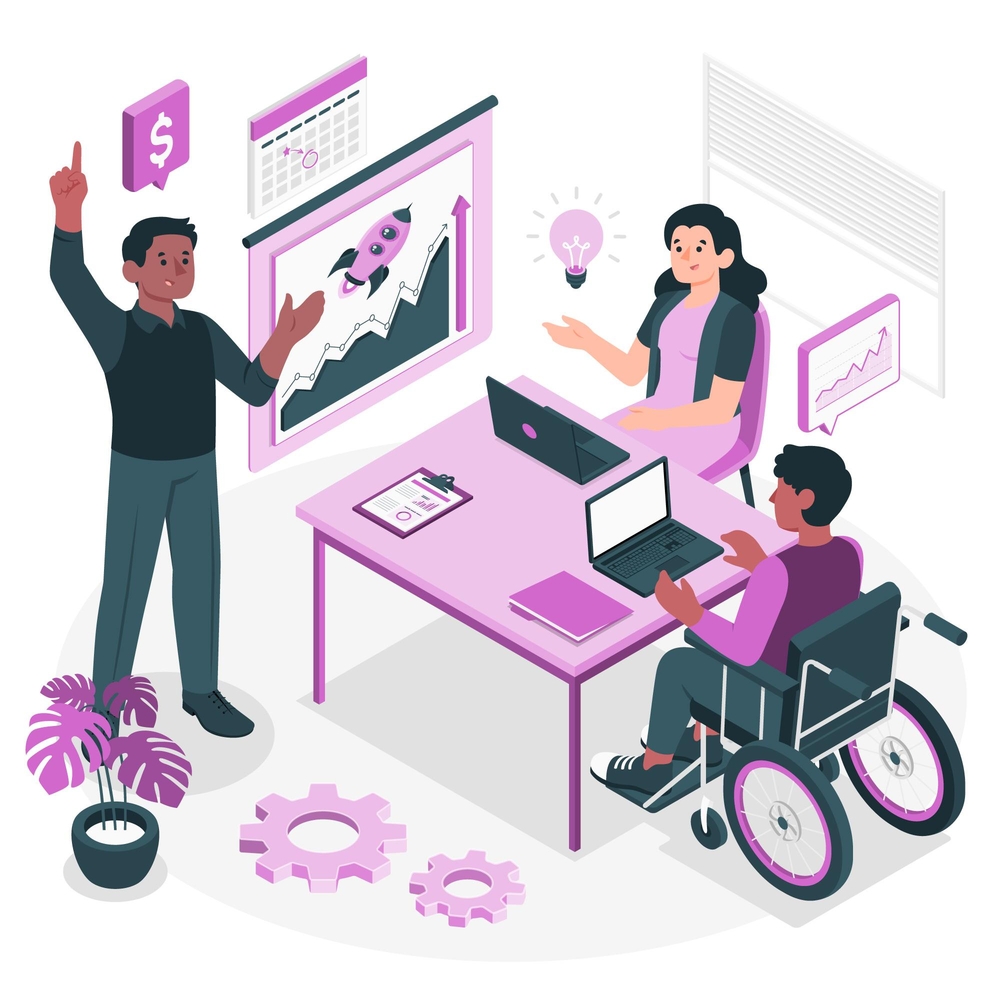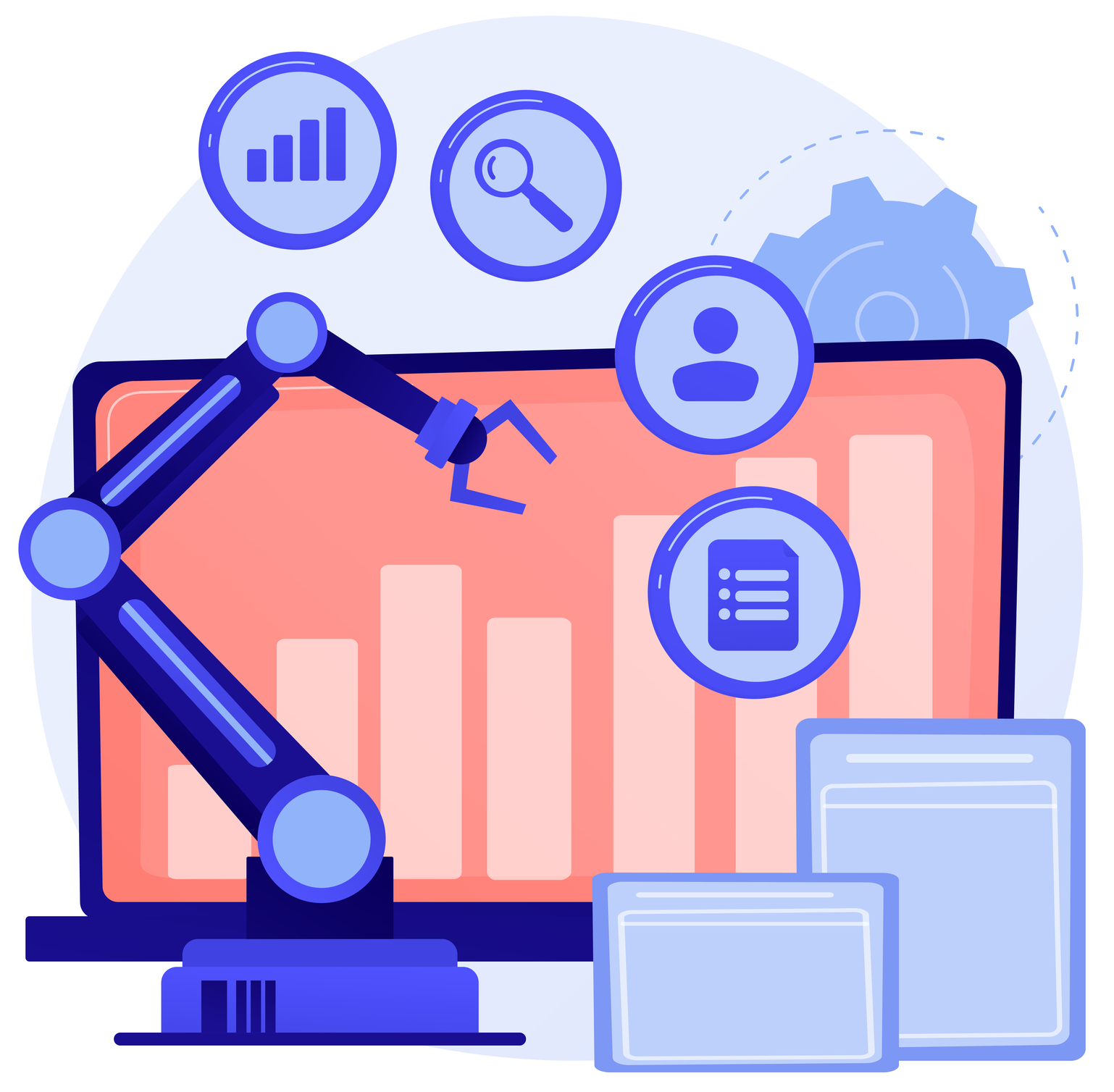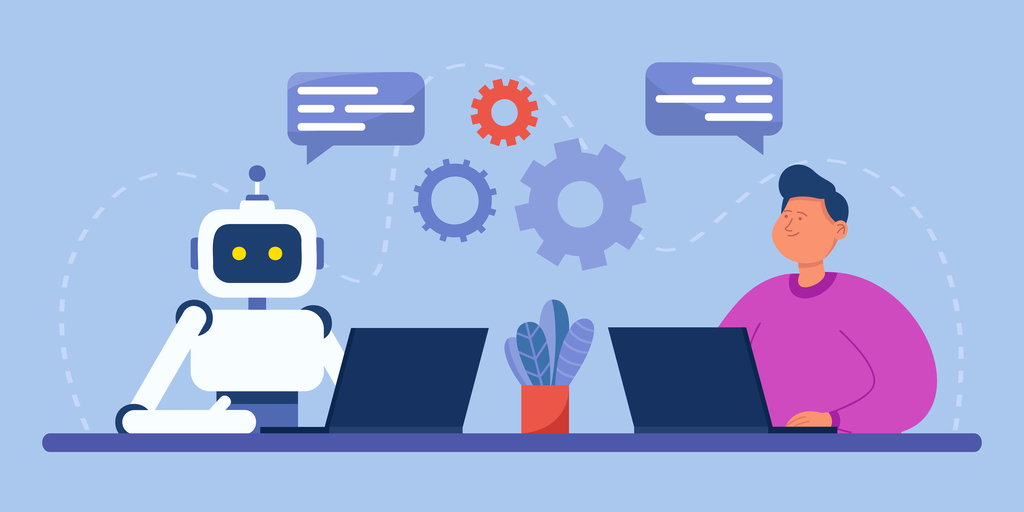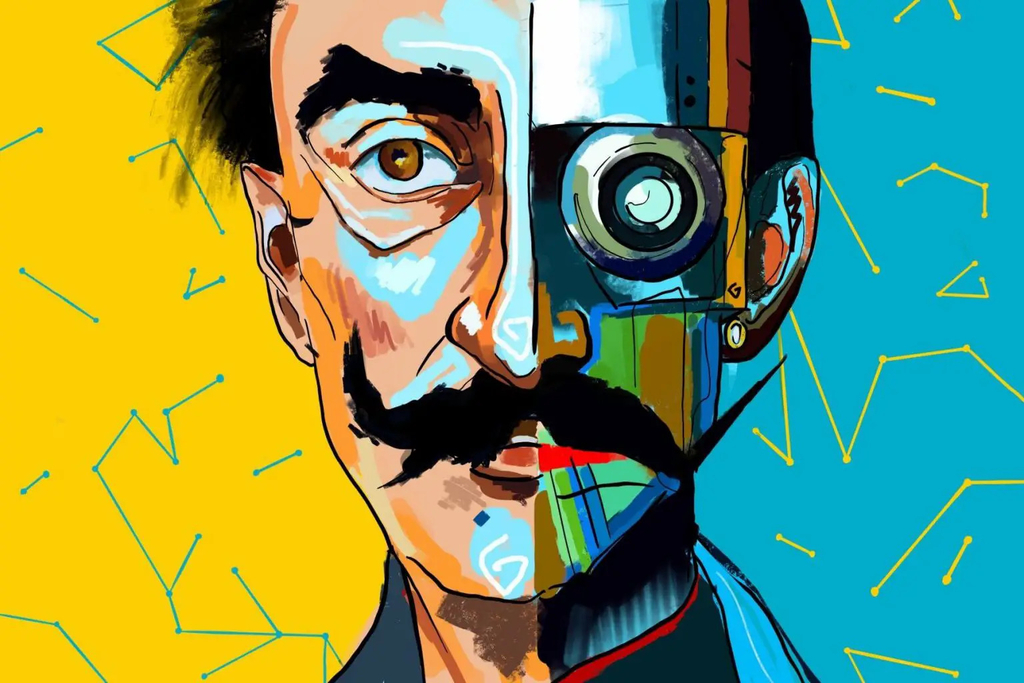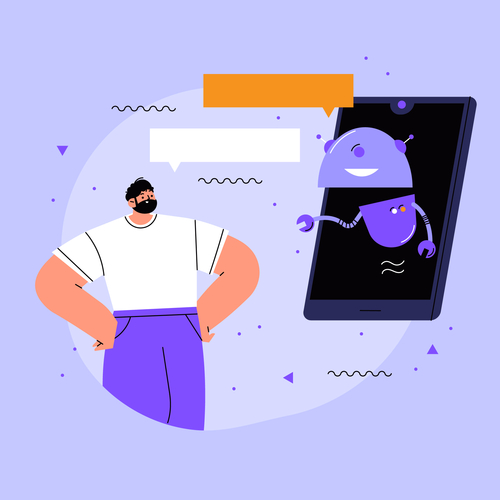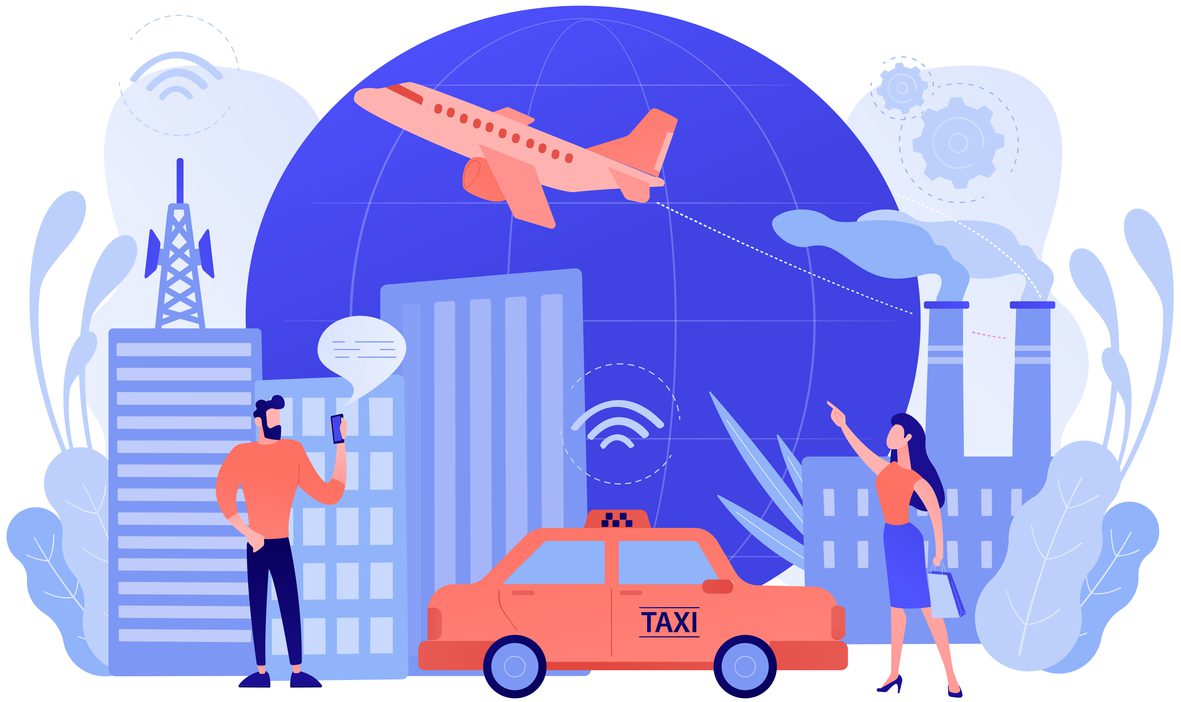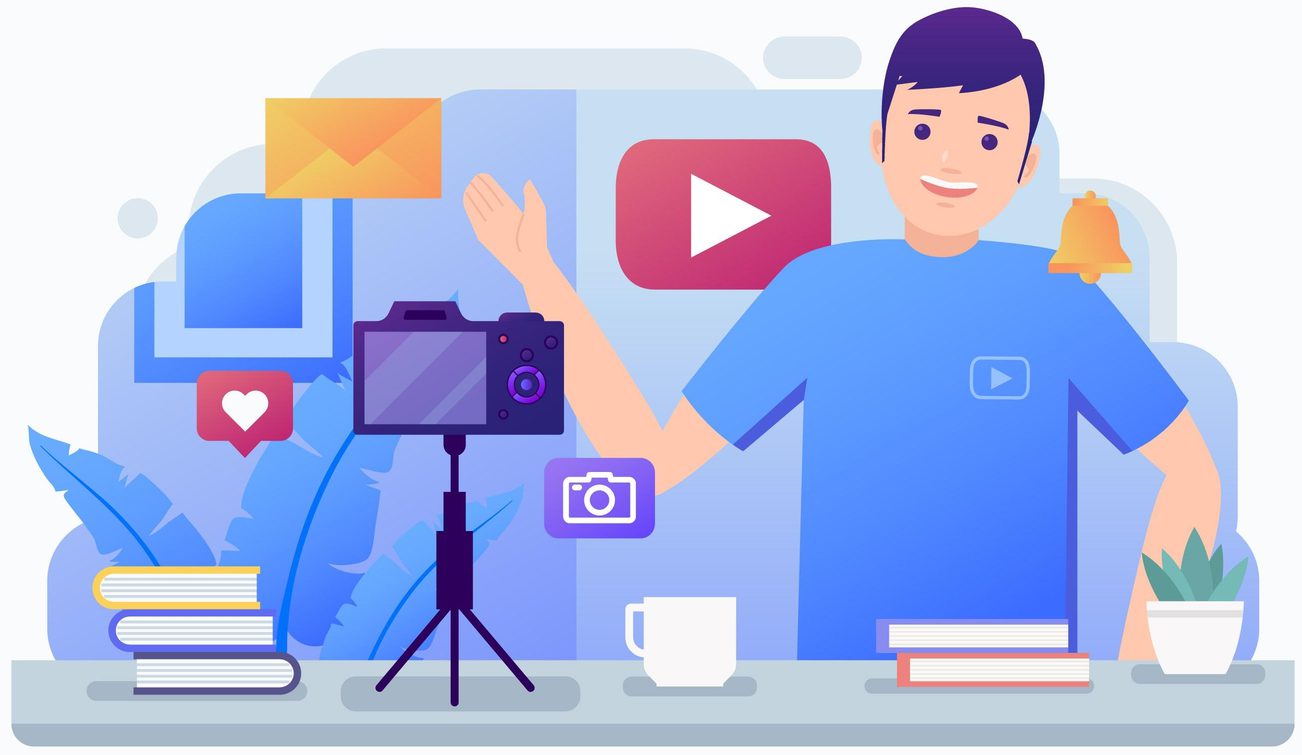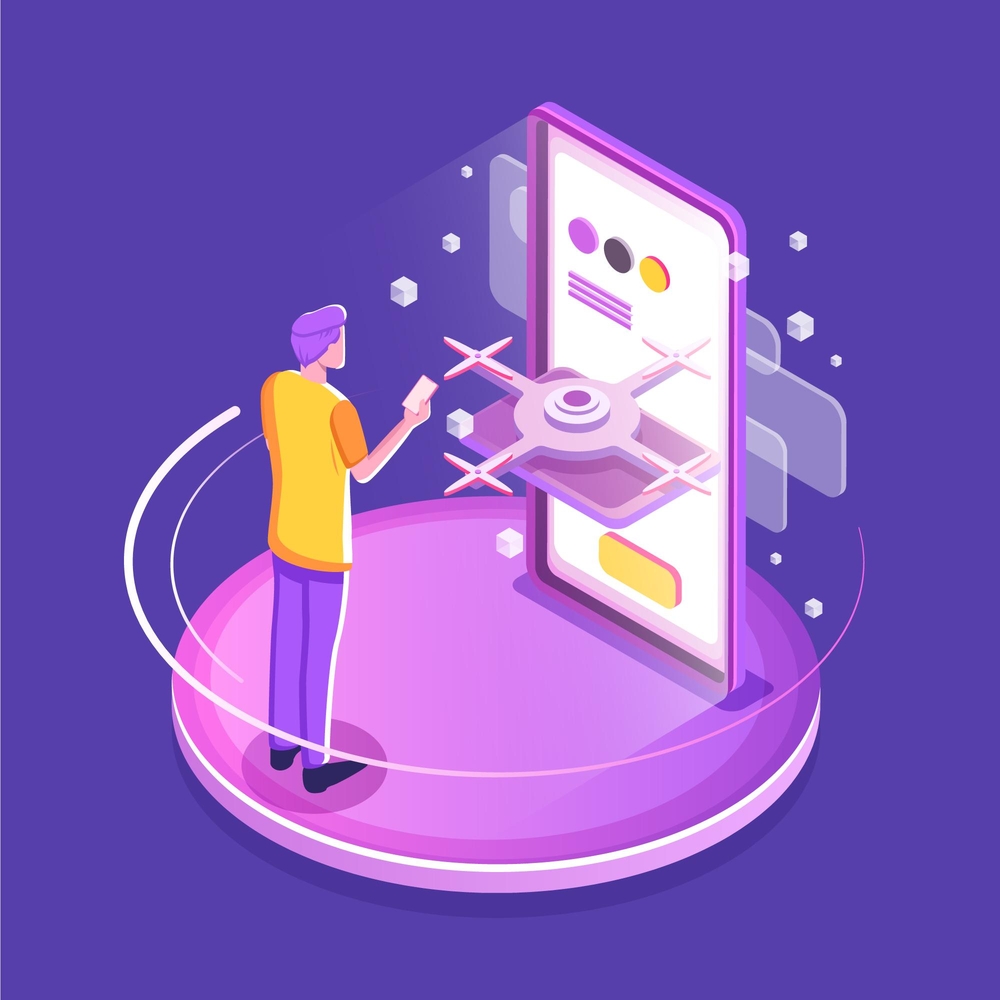Algorithms, integral to today’s data-driven world, can inadvertently perpetuate biases, impacting areas like loan approvals and facial recognition systems, leading to societal inequalities. These biases stem from data collection methodologies, algorithm design, and human decision-making, reflecting incomplete or biased information. Unconscious human biases also seep into algorithm crafting, underscoring the importance of diverse development teams to counteract this effect.
Diverse and inclusive datasets are crucial to address bias in big data analytics. Fairness-aware algorithms and continuous monitoring using fairness metrics help counteract biases. Transparency and explainability in AI systems are essential for identifying and removing biases.
Responsible AI implementation requires ethical frameworks, public awareness, and ongoing research to mitigate bias. It’s imperative to prioritize fairness and equity in the digital realm, ensuring AI contributes to a just and equitable future for all.
Innovative Inclusivity: Tech’s Transformation in Traditional Classrooms
Traditional classrooms can be a challenge for students with disabilities, but inclusive education embraces differences. Technology, such as text-to-speech software and virtual reality, can help students overcome learning gaps and provide more opportunities for them to learn.
Adaptive technology is particularly helpful as it can customize learning experiences to accommodate individual needs. This technology can help create inclusive and diverse learning environments, where all students can learn together.
There are many technology tools available to support inclusive learning, including virtual reality simulations and personalized learning platforms based on Universal Design for Learning principles. However, it is essential that educators receive proper training in order to use these tools effectively.
The future of education depends on technology’s ability to create inclusive classrooms. Collaboration among educators, policymakers, and tech developers is key to unlocking the potential of technology for equitable education.
Robotic Process Automation (RPA): Reshaping Workflows and Innovation in Businesses
In today’s digital landscape, businesses strive for enhanced efficiency and streamlined workflows. Enter Robotic Process Automation (RPA), a game-changing tool revolutionizing operations by automating repetitive tasks previously handled by human employees. By leveraging software robots to execute tasks like data entry and report generation, RPA liberates human potential, enabling focus on higher-value endeavors fostering innovation and strategic thinking. Its diverse applications span industries, from optimizing customer service to driving cost reductions and faster turnaround times. RPA isn’t about replacing humans; it’s about empowering them to transcend mundane tasks and delve into more strategic and innovative initiatives. This technology not only elevates employee roles, such as freeing an accounting professional to analyze financial trends or enabling an HR professional to focus on employee development, but it also enhances customer service through personalized interactions and round-the-clock availability. Moreover, RPA creates opportunities for upskilling and collaboration, fostering a future where humans and technology collaborate seamlessly to achieve remarkable feats.
The Language Revolution: GPT’s Role in Advancing Natural Language Processing
GPT models have revolutionized the field of Natural Language Processing (NLP), enabling machines to comprehend and respond to human language with an unprecedented level of accuracy and fluency. This breakthrough has created endless possibilities, revolutionizing machine translation, text summarization, and question-answering. GPT models hold immense promise for various domains, including healthcare, education, and customer service. Nevertheless, responsible progress and ethical considerations are vital to guarantee that these powerful tools are used for the advancement of society. As GPT models continue to grow, their impact on human-machine interaction will inevitably expand, bridging language barriers and revolutionizing how we connect with computers.
Artificial Intelligence Mastery: Decoding DALL-E’s Creative Process
The collaboration between two advanced AI technologies, Generative Pre-trained Transformers (GPTs) and diffusion models, has resulted in the revolutionary creation of DALL-E. GPTs decode textual descriptions and connect imagination with visual output by offering detailed instructions that guide diffusion models. Diffusion models refine chaos into detailed images, following the directions of GPTs. This partnership brings together artistry and technology to redefine communication and creativity through images. GPTs enhance their language understanding by incorporating visual feedback, while diffusion models sculpt images from noise to bring envisioned details to life. The progress made in GPTs and diffusion models is a reflection of how AI is transforming the visual creativity landscape. DALL-E is a vital tool that simplifies the translation of imagination into visual realities, thus revolutionizing the perception, communication, and creation of visual arts.
Web3: The Next Generation of Internet
Web3 is a new, decentralized internet that is based on blockchain technology. It offers several advantages over the traditional Internet, including enhanced security, privacy, and user ownership of data and assets. Web3 has the potential to revolutionize the internet in several ways, including making it more accessible to people worldwide, creating new opportunities for individuals to earn money online, and reducing the cost of financial transactions. While there are some challenges that need to be addressed before Web3 can reach its full potential, such as scalability, security, and regulatory uncertainty, the future of Web3 is bright.
AI-Generated Art: Ethical Implications for Ownership, Bias, Misinformation, and Artists
AI-generated art raises the ethical question of ownership. The artists who created the training data, the developers of the AI algorithm, and the users who generate the art all have a claim. There is no clear consensus on who should ultimately own AI-generated art.
One possibility is that AI-generated art could be considered public domain, meaning that it is not owned by anyone and can be freely used by anyone. Another possibility is that ownership could be determined by the copyright laws of the country in which it is created. A third possibility is that ownership could be shared by the artists, developers, and users.
Ultimately, the question of who owns AI-generated art is a legal one that will need to be decided by the courts. However, it is important to start thinking about this issue now so that we can develop clear and fair guidelines for the future.
How Technology is Transforming the Travel Industry
Technology is changing the travel industry by creating new and unique products that are personalized, sustainable, immersive, and accessible. By using technology like VR headsets, AI chatbots, and blockchain-based marketplaces, we can transform the way we travel. There are some challenges, such as privacy and security concerns, ethical considerations, and the digital divide, but the opportunities presented by technology are vast. These new travel products and experiences have the power to boost the travel industry’s economy, generate jobs, and reduce environmental impact. The rapid advancement of technology is expected to bring even more transformative changes to the travel industry.
Creator Economy: What It Is and Why Is It Important?
The creator economy is a thriving online industry where people create and monetize content. It is significant because it democratizes media and entertainment and provides new opportunities for people to make a living from their creativity. Social media platforms, new technologies, and the changing nature of work have contributed to its rise. The creator economy is still in its early stages, but it has the potential to revolutionize the way we consume media and entertainment.
Augmented Reality (AR): Transforming Business
Augmented reality (AR) is a technology that overlays digital images onto the real world, providing interactive and immersive experiences. Businesses are using AR to improve customer experiences, boost sales, and increase brand awareness.
